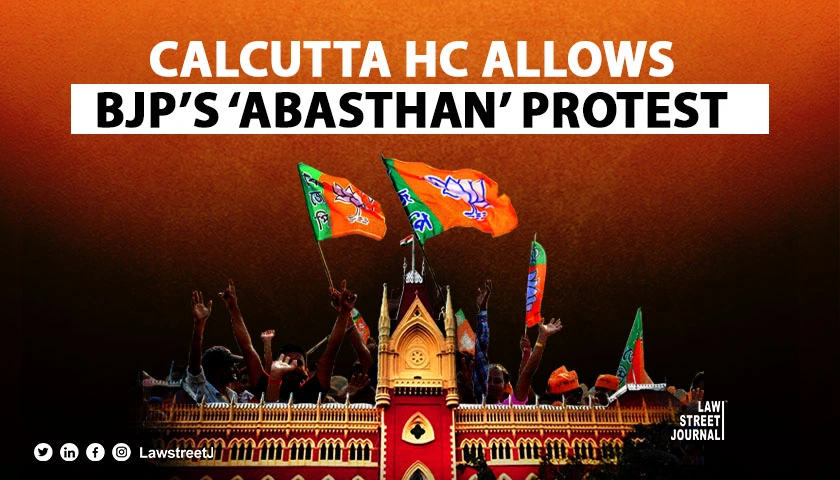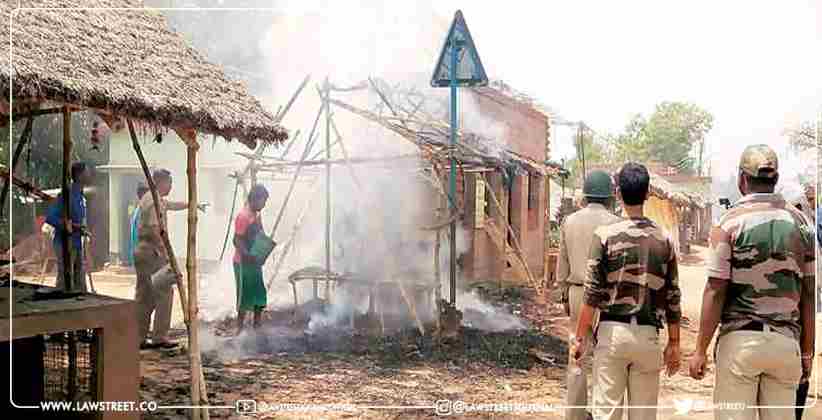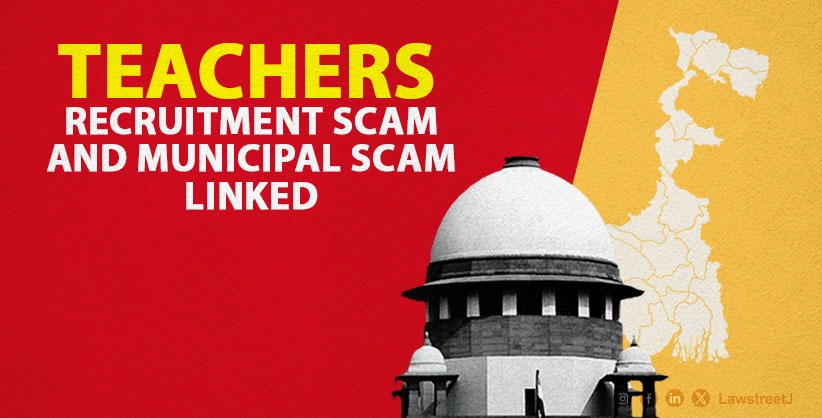West Bengal: The Calcutta High Court has delivered a significant order allowing the Bharatiya Janata Party (BJP) to hold a peaceful ‘Abasthan’ (sit-in demonstration) in Kolkata, while imposing specific conditions to balance the right to protest with concerns about public order.
Justice Rajarshi Bharadwaj passed the order while hearing a writ petition filed by Sujit Chatterjee, who sought permission to organize a protest against an incident at R.G. Kar Medical College. The court acknowledged the petitioner’s right to peaceful protest while also recognizing the state’s concerns about crowd management.
Justice Bharadwaj observed, “This Court has taken judicial notice of the fact that there are several instances of processions, rallies, meetings, etc., held regularly in the State of West Bengal, particularly in Kolkata. Demonstrations/Dharnas/Abasthans have also taken place on weekdays by various political parties.” Referring to previous judgments, the court emphasized, “There should be a level playing field for all political parties in holding public rallies, gatherings, and meetings, and the law and order situation must be managed by the State.”
Also Read: SC takes suo motu cognisance of Kolkata rape-murder of PG student, to hear on Aug 20
The court set several conditions for the protest, including limiting it to 300 supporters, specifying the dates (August 21 to 25, 2024) and times (11 AM to 9 PM), restricting the stage size to 16 feet by 20 feet, and mandating adherence to noise pollution rules. The court also directed the police to make necessary security arrangements and to ensure that the area is cleaned after the demonstration.
Addressing the balance between the right to protest and public order, the court observed, “If the assemblage of invitees to the function is not for an unlawful purpose (which is not the case of the respondents), then such an assemblage at a public place ought not to be restrained unless there is an imminent threat of a breach of public order. Even then, the restraint must be just and reasonable, balancing the interest of the individual with that of public safety.”
The court directed the Officer-in-Charge of Shyampukur Police Station to supervise the police arrangements for the protest. In its ruling, the High Court referenced several landmark judgments that collectively establish principles regarding the right to protest, the state’s power to regulate demonstrations, and the need to balance individual rights with public order.
Expressing its view on the importance of balancing rights and public order, the court stated, “The restraint has to be reasonable and must be minimal. Such restraint should not exceed the constraints of the particular situation, either in nature or in duration.”





![Calcutta High Court conducts late-evening hearing, orders release of lawyer arrested inside court [Read Order]](/secure/uploads/2023/12/lj_4146_Court_lawyers_arrest.jpg)
![Indian Courts this Week: Law Street Journal's Weekly Round-Up of SC & HCs [Jan 1 - Jan 6]](/secure/uploads/2024/01/lj_9050_WhatsApp_Image_2024-01-06_at_12.07.10_PM.jpeg)






